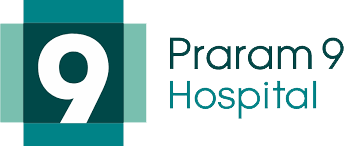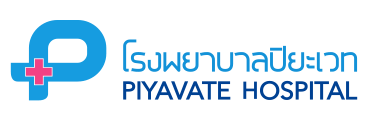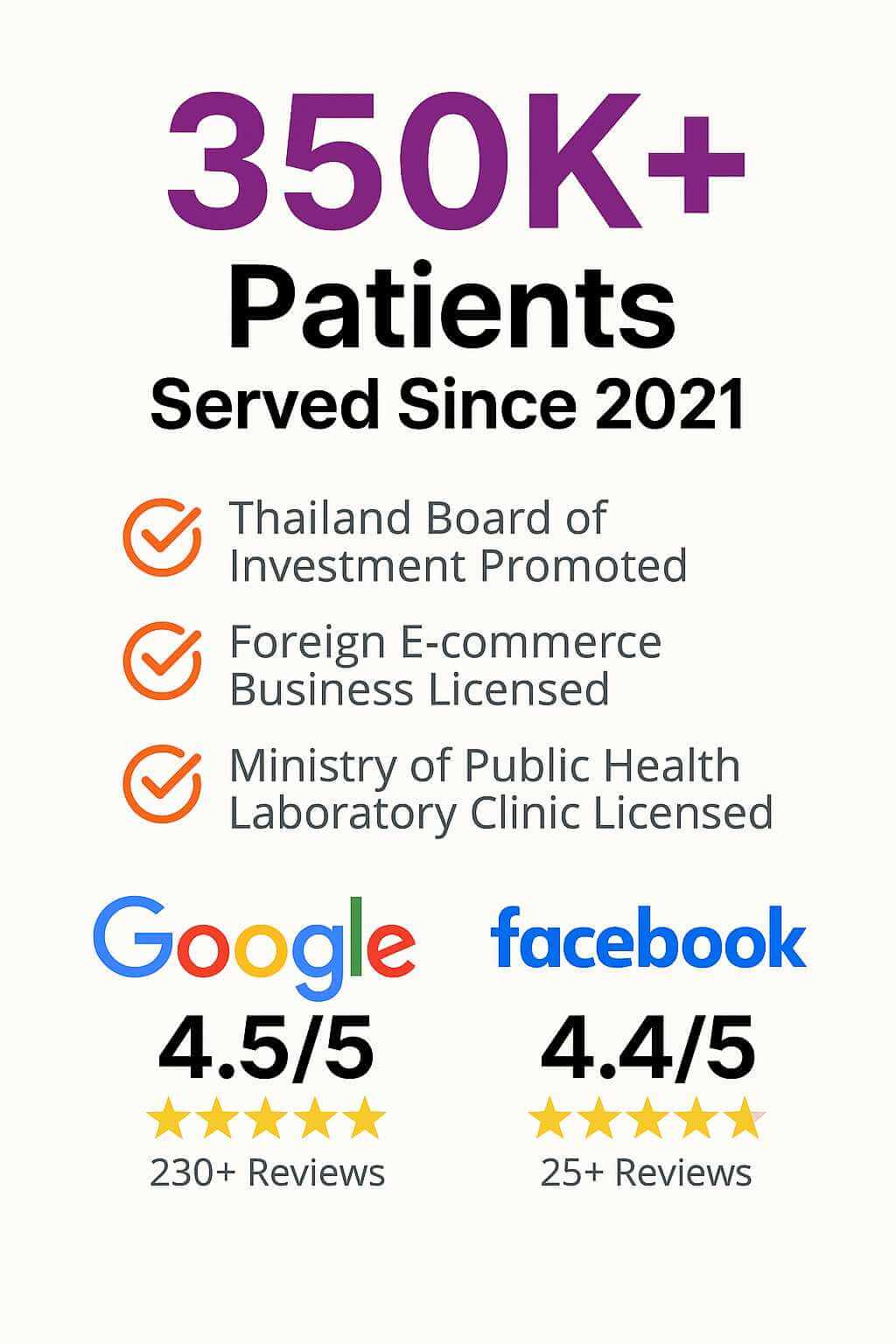
Cholecystectomy (Gallbladder Removal)
Home / Procedure Detail
Cholecystectomy (Gallbladder Removal)
- Procedure
- Cholecystectomy (Gallbladder Removal)
A cholecystectomy is most commonly performed to treat gallstones and the complications they cause. Your doctor may recommend a cholecystectomy if you have:
- Gallstones in the gallbladder (cholelithiasis)
- Gallstones in the bile duct (choledocholithiasis)
- Gallbladder inflammation (cholecystitis)
- Large gallbladder polyps
- Pancreas inflammation (pancreatitis) due to gallstone
- Laparoscopic Cholecystectomy During laparoscopic cholecystectomy, several small incisions are made in the abdomen through which a surgeon inserts surgical instruments and a tiny video camera. The abdominal cavity is inflated with carbon dioxide gas to provide more room for the surgeon to work comfortably.
- Open CholecystectomyDuring an open cholecystectomy, the surgeon makes a 6-inch (15-centimeter) incision in your abdomen below your ribs on your right side. The muscle and tissue are pulled back to reveal your liver and gallbladder. Your surgeon then removes the gallbladder. The incision is sutured, and you’re taken to a recovery area. An open cholecystectomy takes one or two hours.
Procedure Primary Points
- Preparing for cholecystectomy: Avoid food and certain medications/supplements before surgery.
- Procedure overview: Cholecystectomy is performed under general anesthesia using laparoscopic or open techniques.
- Recovery after laparoscopic cholecystectomy: Usually same-day discharge, full recovery in about a week.
- Recovery after open cholecystectomy: Hospital stay for 2-3 days, full recovery in 4-6 weeks.
- Results: Cholecystectomy stops gallstone recurrence, relieves pain, minimal digestive difficulties, varying return-to-activity time.
How To Prepare
Food and medications
To prepare for a cholecystectomy, your surgeon may ask you to:- Eat nothing the night before your surgery. You may drink a sip of water with your medications, but avoid eating and drinking at least four hours before your surgery.
- Stop taking certain medications and supplements. Tell your doctor about all the medications and supplements you take. Continue taking most medications as ordered. Your doctor may ask you to stop taking certain medications and supplements because they may increase your risk of bleeding.
What you can expect
Before the procedure
You will be unconscious during a cholecystectomy since the operation is done with general anesthesia. Anesthesia medications are given via a vein in your arm. To assist you to breathe, your health care team will insert a tube down your throat once the medicines have taken effect. The procedure for removing the gallbladder is generally performed using either a laparoscopic or open technique by your surgeon.During the procedure
Depending on your situation, your surgeon will recommend one of two surgical approaches:1. Minimally invasive (laparoscopic) cholecystectomy
2. Traditional (open) cholecystectomy
After the procedure
As the anesthesia drugs wear off, you’ll be taken to a recovery area. Then you’ll be taken to a hospital room to continue recovery. Recovery varies depending on your procedure:- Laparoscopic cholecystectomy. People are often able to go home the same day as their surgery, though sometimes a one-night stay in the hospital is needed. In general, you can expect to go home once you’re able to eat and drink without pain and are able to walk unaided. It takes about a week to fully recover.
- Open cholecystectomy. Expect to spend two or three days in the hospital recovering. Once at home, it may take four to six weeks to fully recover.
Results
A cholecystectomy will usually stop gallstones from recurring and can relieve the pain caused by gallstones. Your gallbladder isn’t essential for healthy digestion, so most people don’t experience digestive difficulties after having this procedure. Some mild symptoms, such as occasional loose stool, may occur but generally resolve over time. The time it takes to return to your regular activities after a cholecystectomy varies depending on the type of surgery you had and how healthy you are overall. People who had laparoscopic cholecystectomy might be able to go back to work within a few days, while those who had open cholecystectomy may need around a week or more to heal enough to return to their jobs. MedEx will connect you to the best surgeon in Thailand and help facilitate a speedy recovery.Medical Procedures
MedEx did help me a lot not only for connecting with clinics but also for other miscellaneous items such as visa extention. I am really sastify with the services received from MedEx. I've recommended to some of my friends to connect with MedEx too if they have plan to go for medical trip to BKK. 🙂
Engyin HtunSingapore 
Highly recommend to MedEx .They are professional and amazing team.
MedEx Staffs should have closed relationships with hospitals staffs to get more information and services.So,they can give the best services to patients.
Thomas FlyerMyanmar 
Owing to my heart pacemaker implant case, if I got a chance to refer anyone, without blinking my eyes I would refer to Vejthani Hospital. I am very grateful.
Bhagwan Ratna TuladharKathmandu, Nepal 
MedEx was very kind, patient, supportive and very helpful with my needs for seeing doctors and doing physical therapy here in Thailand. MedEx fulfilled everything I needed with my stay here with prompt actions, and I highly recommend MedEx if you are coming to Bangkok for medical treatment.
Ko Sai Aung Lwin TunMyanmar 




















